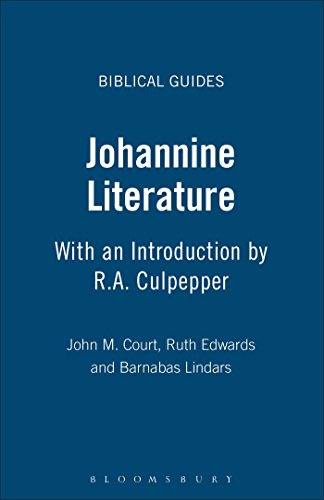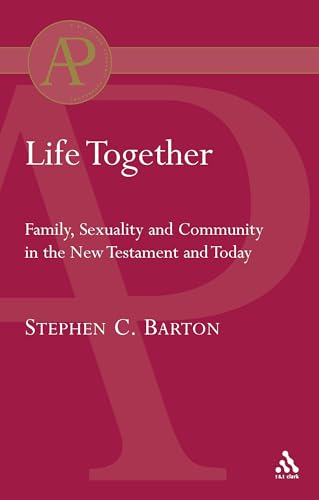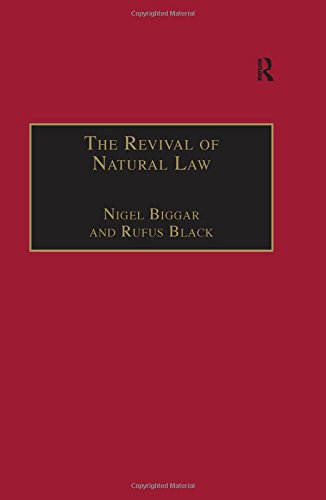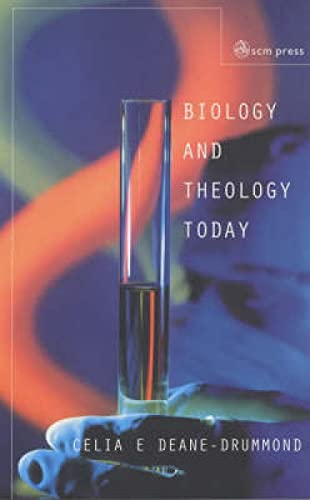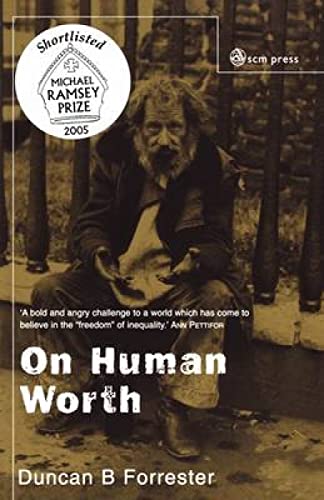Glimpses of a Strange Land: Studies in Old Testament Ethics
Written by Cyril S. Rodd Reviewed By Robin ParryThis stunning text is the fruit of a lifetime of study. Rodd’s essential thesis is that OT ethics are far more alien to us than biblical scholars usually recognise (hence the title). The attempts of Christian scholars to reappropriate OT ethics through some overall systematic framework only ends up by distorting them. What the OT actually offers are narrow windows through which we glimpse parts of a panorama, most of which is forever beyond our view. Thus Rodd organises his book as almost disconnected glimpses of this strange land, and resists attempts to harmonise OT ethics or see their current relevance (ch. 1).
His first two windows are those of ritual purity (ch. 2) and honour/shame (ch. 3), which were not sharply distinguished from ‘ethics’. He then examines adultery, to illustrate the great difficulties in determining the relationship between law, social norms, actual behaviour, the views of biblical writers and those of the actors in the stories (ch. 4). The notion of ‘righteousness’ usually refers to conformity to the prevailing social customs of Israelite society (ch. 5). However, there are glimpses of a ‘righteousness’ not grounded in Israelite society nor in divine laws but rather in ‘human nature’ and ‘natural law’ (ch. 6).
Rodd moves on to critique those who make the conscious imitation of God a central motive for ethical action in OT literature (ch. 7). He then argues that the Ten Commandments cannot be regarded as the fount of Pentateuchal laws, or as principles of a wider ethic. Rather, they are directed to a narrow section of Israelite society (wealthy males), even if their present context broadens their application to all Israel (ch. 8).
The next two windows (chs. 9, 10) are fascinating studies of intention and motivation in OT ethics. The attention to motive often draws OT laws closer towards what we call ‘ethics’, although the motivation to follow a command because God gave it cannot, claims Rodd in Kantian tones, be considered an ethical motive. The interweaving of ethics, law and religion in this ‘strange land’ is manifest again in the study of sanctions (ch. 11).
The most distinctive feature of OT ethics for many is the prohibition on lending at interest. But Rodd sees it as the extension of a concern for the poor found across the ANE and thus not as unique as it first seems (ch. 12).
Five chapters then follow which aim to illustrate how the concerns and moral views of academics distort their studies of OT ethics. Thus the diverse OT attitudes towards the poor (ch. 14) are not as similar to ‘enlightened’ thinking today as is often claimed. Ancient Israelites did not have moral problems over war (ch. 15), animal welfare (ch. 16), the environment (ch. 17), or the position of women (ch. 18), and handled these issues in a quite different way.
So how can we use OT ethics today? Rodd argues that the only way forward is to abandon the notions of biblical authority, inspiration, canon and normativity, and to leave the biblical texts in their own worlds. It is only in their very strangeness that they can offer an alternative vision of life.
This book is breathtaking in its depth and breadth of learning. Each chapter provides a very clear overview of the current debate in OT scholarship on its topic. I can think of no better place to go for a reliable summary of issues and arguments. Individual chapters are clearly structured and accessibly written. Tribute must also be paid to the very measured judgements Rodd makes on so many issues. He never simply dismisses his opponents, but always engages them in gracious if uncompromising debate. It is gratifying to see how many evangelicals are taken seriously in the discussions here.
That said, no orthodox Christian could ever endorse Rodd’s recommendations. It seems to me that he offers a hermeneutic of despair. He so distances the horizons of text and interpreter that the text disappears off into the distance, passing beyond contemporary relevance. Rodd says that we can still visit the strange land, but one has to ask, Why bother? He says that its very strangeness is its virtue, since it offers a different ethical model from the one we start with. But on every occasion when Rodd notes a difference, he simply asserts his own modern views as incompatible with the ancient ones. So again one has to ask. How does its difference make any valuable contribution to our ethical lives? ‘Rodd’s Route’ is simply a call to give up on the task of seeing contemporary relevance in OT ethics. Crucially, he assumes that re-reading texts in the light of the expanding biblical plot-line is to misread those texts (thus he resists canonical re-readings). However, it seems to me that such a canonical hermeneutic is to respond to a dynamic present in the original texts.
Rodd presents many important challenges to evangelical ethicists, but we must rise to these challenges and not simply ‘throw in the towel’. There is still a huge amount of material in this text for which evangelicals can be thankful.
Robin Parry
Worcester



